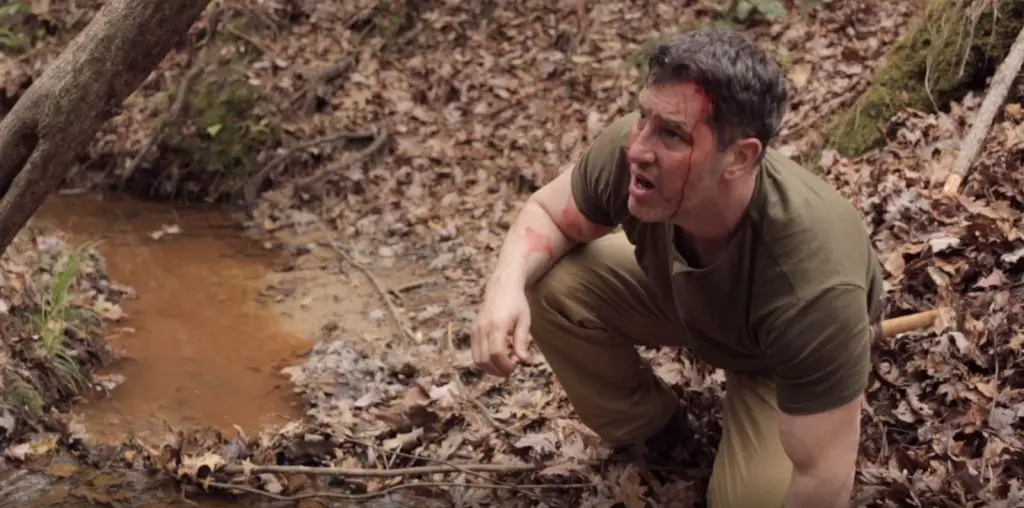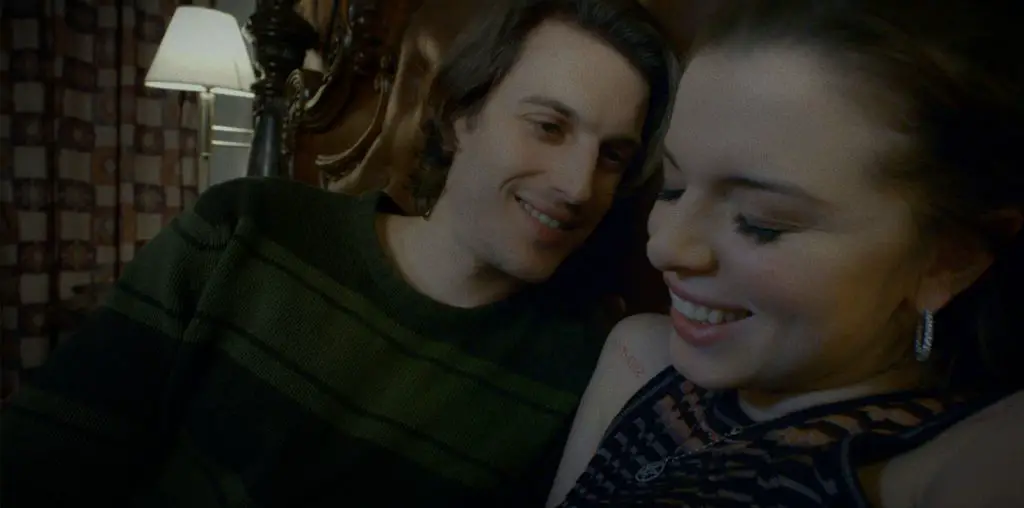
Here’s one. What does a Buddhist monk and a soccer player have in common? Both exercise incredibly strict mental and physical discipline and neither scores very often. Ba-da-BING!!! Oh, hey, I got a million of ’em! Buddhist monks and soccer might seem like an odd juxtaposition…okay, it IS an odd juxtaposition, but it works surprisingly well in this sweet but slow film from Khyentse Norbu. Exiled to a monastery in India, a group of Tibetan refugees struggles to carry on Buddha’s will under the wise and kindly guidance of their abbot and the steel hand of his somber acolyte Geko (Orgyen Tobgyal). The outside world inevitably encroaches upon this enclave, especially affecting the youngest trainees. For Orgyen (Jamyang Lodro), a particularly charismatic, strong-willed and resourceful little devil, that encroachment has taken the form of a serious fixation on soccer.
With the World Cup, soccer’s quadrennial Super Bowl tournament, under way, Orgyen’s obsession is running at a fever pitch. Risking Geko’s wrath — and the prospect of months of kitchen duty — he sneaks out of the compound every night, occasionally with a few co-conspirators, to watch the early round matches in town. When Geko busts him one night, however, it places his plans to watch the Finals in serious jeopardy. Exercising the sort of resourcefulness that has kept the monks in business despite years of Chinese occupation, Orgyen pitches closet soccer fan Geko on a scheme to bring the Finals between Brazil and France and, by extension, the outside world, to the heart of the monastery via satellite television. “The Cup” is a perfect film for parents to take their kids to. Of course, since nothing blows up, there’s no sex, nudity, or violence and the film unspools at the same stately pace as life in a monastery, today’s kids (and most of today’s adults) would be squirming in their seats before the monks finish their first meditation. That’s a shame, because this is an educational film by default; an absolutely fascinating study of these monks’ day to day routines as well as their (to an outsider) exotic rituals and ancient ceremonies. “The Cup” also puts poignant faces to all of those “Free Tibet” bumper stickers out there, without being preachy about it, while firing a shot across the bow of our culture’s rampant consumerism at the same time. In the same way a parent’s recollection of getting a nickel allowance to buy candy once a week or receiving only one present for Christmas — and being thankful for that — “The Cup” serves as a simple yet eloquent reminder not to take our disposable diversions for granted. That’s easier said than done in this age of instant gratification, where we can munch a 7-11 chili-cheese dog at 4:30 in the morning while watching World Cup highlights on ESPN-2. Orgyen would take Brazil minus a goal in a Shoot-Out.

